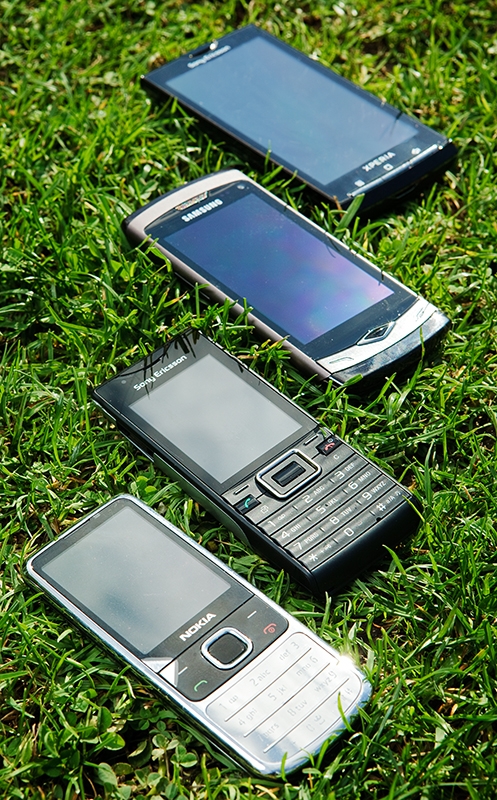O2 launch handset eco index but Apple refuse to play ball


Telefonica subsidiary O2 has launched the first mobile phone eco index in the UK but Apple has decided not to cooperate with the initiative and RIM will only join in 2011. The index was developed with the collaboration of the major manufacturers and is jointly coordinated by O2 and Forum for the Future, a leading UK sustainability think tank.
O2's own research suggests that 44% of consumers now consider sustainability performance in their purchase decision for mobile phones. O2 has more than 21 million subscribers in the UK alone and with plans for the O2 eco index to be rolled out across the Telefonica group this initiative has significant market muscle.
The index is designed to take a comprehensive view including corporate profile, life cycle analysis and sustainability utility. Here are the main assessment criteria and score weighting:
- Corporate impacts: 11%
- Raw materials and manufacturing impacts: 26%
- Substance impacts: 7.5%
- Packaging and delivery: 7.5%
- Use impacts: 19%
- Disposal impacts: 4%
- Functionality: 25%
O2 and Forum for the Future announced that the Sony Ericsson Elm is currently the highest scoring handset stocked by O2. Also participating in the index is Nokia, HTC, LG Electronics, Palm and Samsung. Disclosure to O2 by the manufacturers is voluntary and the data is not verified. Apple declined to get on board and RIM will join next year.
While Apple has made great environmental strides recently in phasing out toxins it is increasingly coming under pressure for a lack of transparency in disclosure of its sustainability performance. Earlier this month Michael Muyot of CRD Analytics, the ratings agency behind the Nasdaq CRD sustainability index, criticized Apple for falling behind HP, Dell and IBM on sustainability performance.
Many of the other companies in the Top 10 for the industry like Apple, Lexmark, EMC, Seagate and Toshiba have the potential for strong sustainability performance due to strong financial metrics, but incomplete reporting of environmental and social metrics prevented the companies from earning a competitive score.
Although the O2 index claims to be a comprehensive sustainability index its emphasis is really on environmental performance. What could become an Achilles heel in all of this is reliance on the 80/20 rule to arrive at what O2 describes as a 'robust proxy'. That's acceptable for relative environmental performance but surely not for social issues of absolute importance such as the use of conflict minerals where zero tolerance should be the norm. Here is O2's own description of the trade.
Conflict minerals are minerals that are mined under the control of armed groups, who violate human rights (e.g. through forced labour, killings and rape). The vast majority of these conflict minerals come from certain African states. The trade in these minerals fuels violence by empowering those militia to continue and expand illegal operations.
The introduction of the eco index is a great development for sustainable consumer choice and will shake things up. However, I suspect O2 and Forum for the Future will be getting back to the drawing boards quickly to hone the balance between measuring environmental performance on an 80/20, proxy basis and assuring customers of ethical integrity of the product. For green consumers to buy they not only need to know, they need to trust.